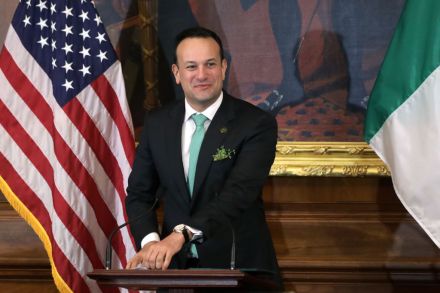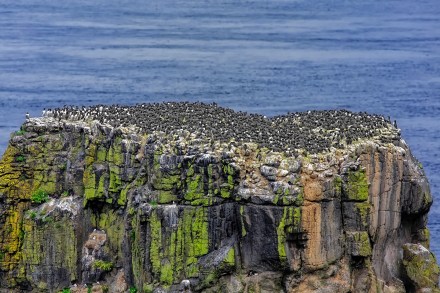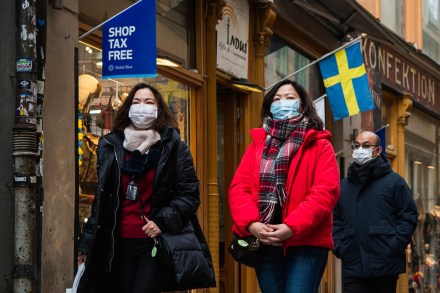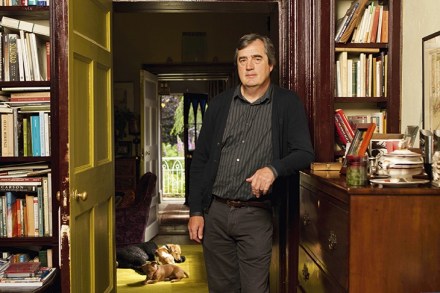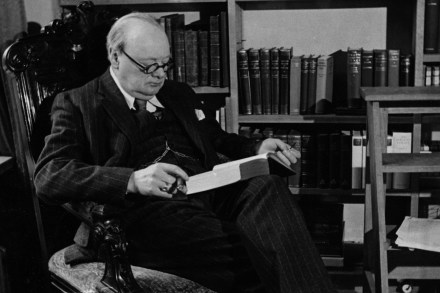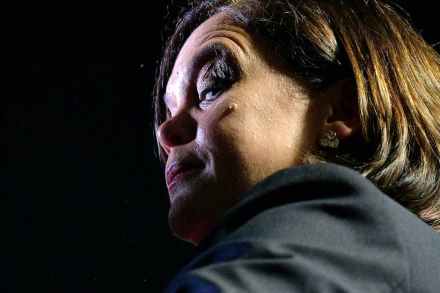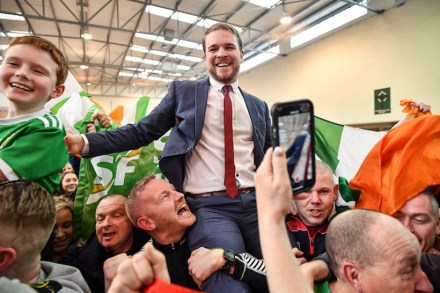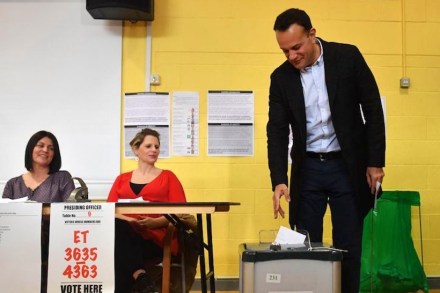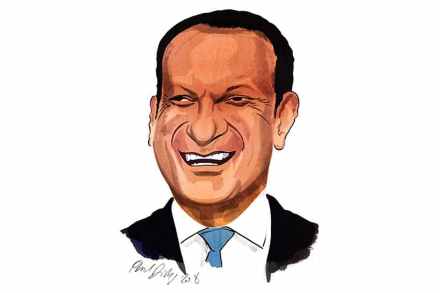Are politicians abandoning the ‘circuit break’?
How popular are circuit breakers? The latest Covid-19 news from Ireland would suggest support varies dramatically between the scientists and politicians. Speaking on RTE, Leo Varadkar revealed the National Public Health Emergency Team had recommended moving to ‘level 5’, which would have amounted to a ‘circuit break’ and another shutdown of the Irish economy. Pushing back, Varadkar told the national broadcaster that outstanding questions about the effectiveness of a temporary shutdown could not be answered to his satisfaction: ‘We didn’t feel it had been thought through properly. For example, we asked for some comfort that four weeks might be enough… They weren’t able to give us that comfort.’ This is
